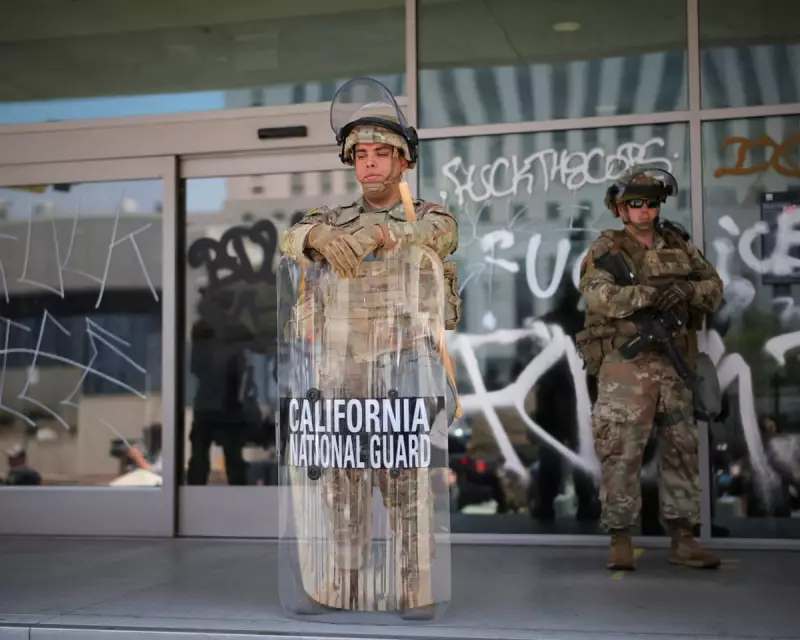
In a move that has sent shockwaves through the American political establishment, former President Donald Trump has authorised the deployment of the National Guard to Los Angeles. The controversial decision, which appears to bypass California's Democratic Governor Gavin Newsom, is being framed by the Trump campaign as a necessary measure to address a spiralling crime wave.
The announcement, made during a rally in Pennsylvania, was met with immediate and fierce condemnation from legal experts and state officials. They decry the order as a blatant political stunt and a dangerous overreach of federal power that threatens the foundational principle of state sovereignty.
A Constitutional Firestorm Ignites
At the heart of the controversy is the legal authority for such a deployment. Typically, the National Guard operates under state control, with the governor acting as its commander-in-chief. Federalising these forces against the explicit wishes of the state government is an extraordinary step, reserved for the most severe crises where local authorities have clearly lost control.
Governor Newsom's office was swift and scathing in its response, labelling the move a "political theatre" and an "assault on California's rights." Legal scholars are now debating the legality of the action, setting the stage for a potentially landmark court battle.
The Political Calculus
Analysts suggest this bold manoeuvre is a central pillar of Trump's law-and-order campaign strategy. By taking dramatic, unilateral action, he aims to:
- Solidify his base: Reinforce his image as a strong leader willing to take decisive action.
- Force a reaction: Provoke Democratic leaders into a public confrontation, creating a narrative of conflict.
- Shift the narrative: Refocus the campaign dialogue onto issues of crime and public safety.
However, the gamble carries significant risk. The move could galvanise opposition and be perceived by undecided voters as an authoritarian power grab, undermining his campaign's message.
What Happens Next?
The situation remains fluid and highly volatile. All eyes are now on the courts to see if they will intervene to halt the deployment. Simultaneously, pressure is mounting on current President Kamala Harris to respond to what many of her supporters view as a direct challenge to her administration's authority and the norms of US governance.
This unprecedented intervention in a state's affairs marks a dramatic escalation in an already bitterly divisive presidential race, raising profound questions about the limits of presidential power.





